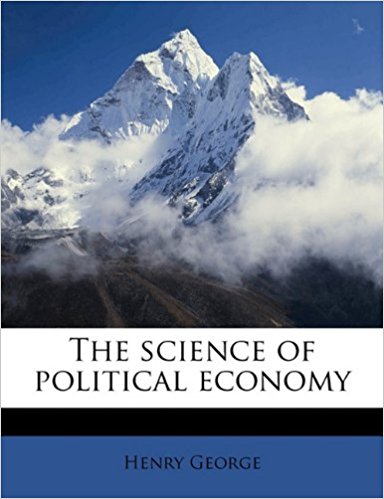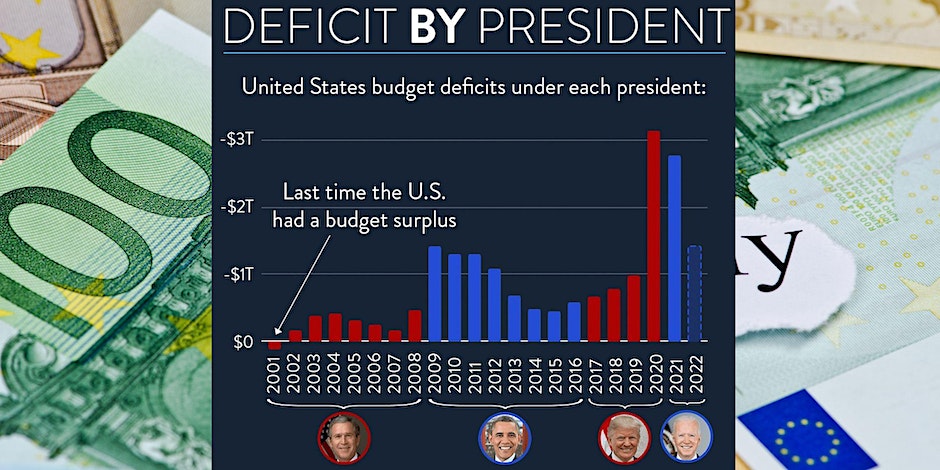Modern Monetary Theory (MMT), a heterodox school of macroeconomic thought asks:
- To what degree is a country monetarily sovereign?
- How does that impact the economic policies that country is able to pursue?
A monetarily sovereign nation is one whose government issues its own currency, does not peg the value of that currency to any other currency or to any precious metal, and does not take on debt in any currency other than its own.
It turns out that whether a country is monetarily sovereign or not has tremendous importance in determining the economic policies it can pursue in response to crises, be they economic, political, medical or ecological. MMT explains, for example, why the U.S. federal government can create hundreds of billions of dollars to spend in response to a pandemic, while state and local governments (not to mention individual households) cannot.
In this course, participants will learn about MMT by reading Stephanie Kelton's 2020 bestseller, "The Deficit Myth." The course will be conducted in a seminar style in six weekly sessions. In each of these sessions, participants will be expected to have read one or two chapters in Kelton's book and worked through discussion questions. At the conclusion of the course, participants should be able to explain and use MMT-based insights to understand the current political economy of the U.S. and other countries.
The instructor, James Keenan is the founder of the Lerner – Minsky Society and an instructor at the Henry George School.
Note: We recommend reading at least the introduction to Prof. Kelton’s Deficit Myth before session 1 of the course.
Dates: Mondays: 4/1, 4/8, 4/15, 4/22, 4/29, 5/6
Time: 6:30 PM – 8:00 PM ET
Location: Online via Zoom




